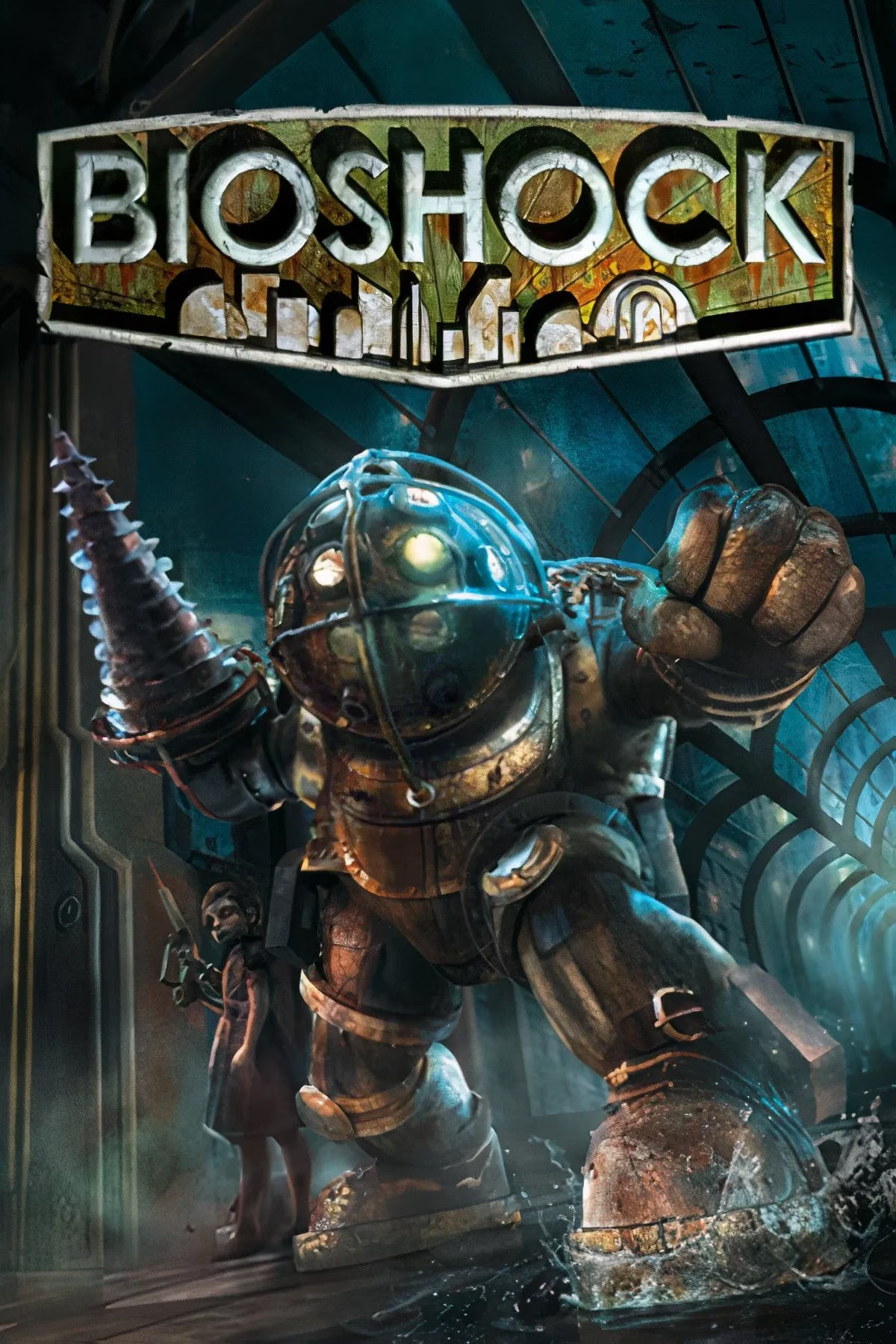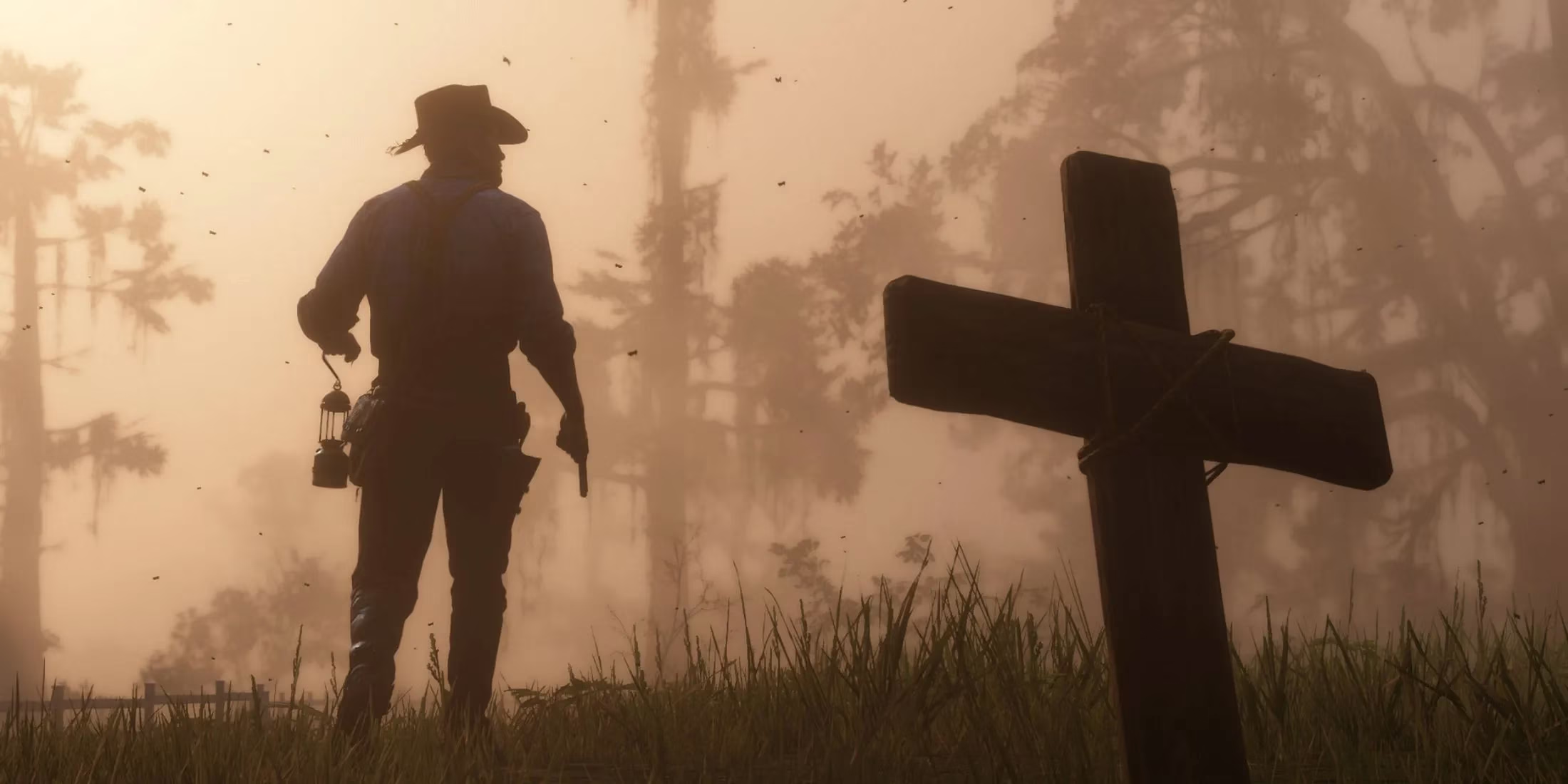When Second Playthroughs Rewrite Reality: My Journey Through Gaming's Hidden Depths
Explore the captivating power of replaying games like BioShock, Red Dead Redemption 2, and Baldur’s Gate 3, revealing richer stories and hidden truths through second chances.
There's a peculiar magic in revisiting digital worlds that first captivated us – like stumbling upon a familiar forest where every tree now whispers secrets you were deaf to before. I've always been drawn to games that reward second chances, not just through New Game+ mechanics but through narratives that transform entirely when viewed through the lens of hindsight. In 2025, where replayability has become an art form, these experiences feel like unlocking hidden dimensions within stories I thought I knew. They’ve reshaped my understanding of interactive storytelling, turning initial playthroughs into mere prologues for richer, more devastating truths waiting beneath the surface.
BioShock: The Ocean of Deception That Still Chills Me
Playing BioShock again feels like rewatching a magic trick while knowing where the trapdoors lie – the artistry remains breathtaking, but every "Would you kindly" now lands like a hammer blow. That iconic twist where Atlas reveals himself as Fontaine still leaves me breathless; replaying it transforms Rapture from a decaying art deco paradise into a prison built on my own manipulated choices. The first time, Andrew Ryan seemed the clear villain, but returning reveals how Fontaine’s honeyed commands were puppet strings all along. It’s a masterpiece of narrative rewiring that makes Rapture feel like a haunted music box – beautiful, intricate, and playing a tune I finally understand.

Red Dead Redemption 2: The Bittersweet Symphony of Doom
Arthur Morgan’s fate hits differently when you replay it – like tending a garden you know will frost over before harvest. That opening ride into Valentine now feels like watching a slow-motion avalanche; every robbery, every campfire story, every moment of vulnerability between Arthur and Dutch carries the weight of impending tragedy. Knowing his TB diagnosis looms makes small choices agonizing – do I help a stranded traveler or rob them? Should I chase honor or embrace chaos? The first playthrough was an adventure; the second is a funeral march where even sunny days in Saint Denis feel like watching dust motes dance in a tomb.

Baldur’s Gate 3: Where Every Replay Feels Like Parallel Universe Hopping
My third run through Faerûn revealed how brilliantly Larian Studios engineered this world – it’s less a game and more a kaleidoscope where every turn reshapes the story’s colors. Choosing the Dark Urge origin after two "heroic" runs felt like holding a cracked mirror to my previous selves; suddenly, companions I’d trusted became wary sentinels, and innocent NPCs looked like prey. The density of possibilities still astonishes me:
-
🔁 Romancing Lae’zel after courting Shadowheart revealed how romance arcs rewrite party dynamics
-
🔀 Letting Gale absorb Netherese magic in Act 2 unlocked an apocalyptic ending I’d never imagined
-
💡 Discovering the mushroom colony under Moonrise Towers only on my fifth run!
It’s a game that refuses to be contained, constantly whispering "but what if you tried...?" across save files.
Silent Hill 2: The Guilt-Stained Labyrinth That Deepens With Time
Replaying James Sunderland’s nightmare after learning he murdered Mary felt like walking through my own distorted memories – every monster now reflects his self-loathing with terrifying clarity. Pyramid Charger’s lumbering form? Manifested guilt. The abstract daddy? A grotesque monument to marital failure. Even the fog feels different when you realize it’s not hiding the town’s secrets but James’s own refusal to face truth. My second playthrough became a psychological autopsy where I hunted for clues I’d ignored before, like how Mary’s voice mails grow increasingly desperate. It’s the only game that made me feel complicit in the horror.
Undertale’s Genius: When Mercy and Genocide Collide
Nothing prepared me for how Undertale’s pacifist route unravels when you replay after a genocide run. That first charming encounter with Flowey becomes a horror show when you recognize his manic grin as a warning. Toriel’s motherly warmth now feels like a fragile dam holding back cosmic consequences, and Sans’s lazy puns hide devastating omniscience. Toby Fox crafted something unprecedented here – a game that remembers your sins across timelines, turning New Game+ into a moral tribunal. My genocide run left me feeling like I’d scrawled graffiti on a Renaissance painting; the subsequent pacifist attempts were my desperate restoration efforts.
The Future I Crave: Gaming’s Uncharted Replay Horizons
As I look toward 2026, I dream of games that evolve like living ecosystems between playthroughs – worlds where NPCs develop grudges or alliances based on my prior choices, or where environmental details shift to reflect my emotional journey. Imagine a sci-fi RPG where your ship’s AI adapts dialogue to critique your past moral failures, or a fantasy epic where defeated bosses return as vengeful spirits in New Game+. Current replay mechanics often feel like repainting a house; I want architects who rebuild the foundation each time. After all, the greatest stories aren’t just told – they’re remade in the telling, and I’ll always return to those digital spaces where my second chance becomes a revelation.